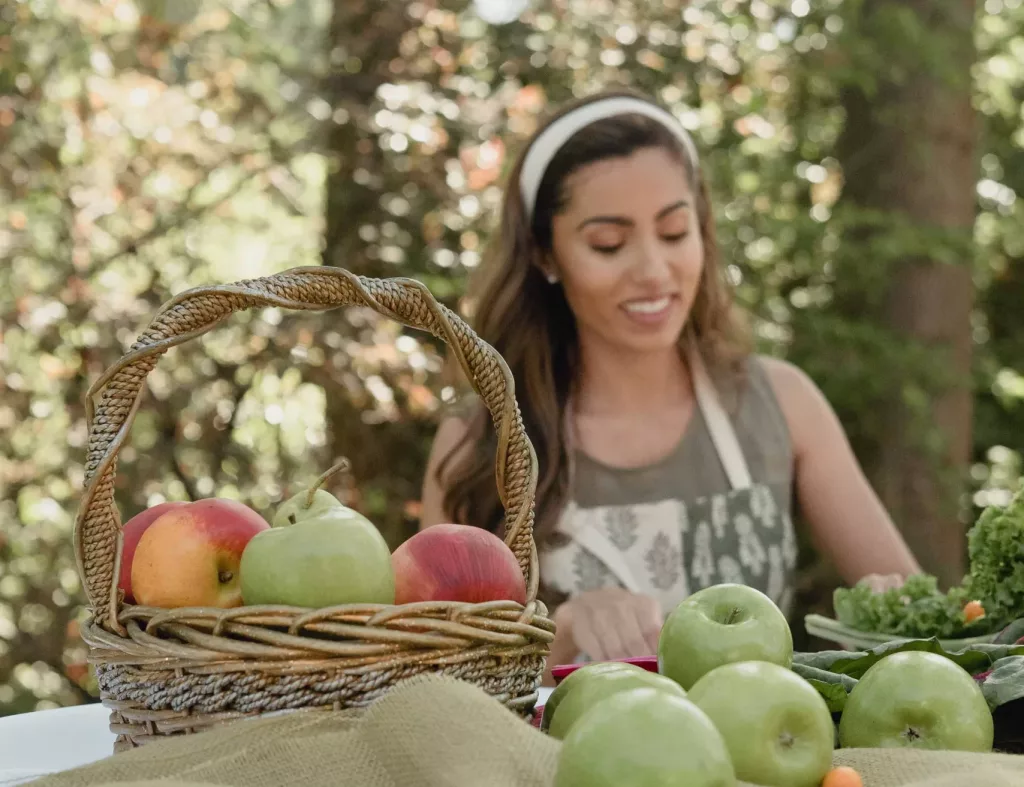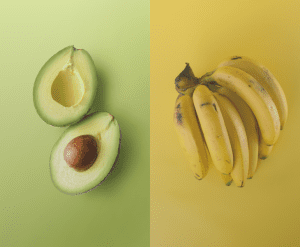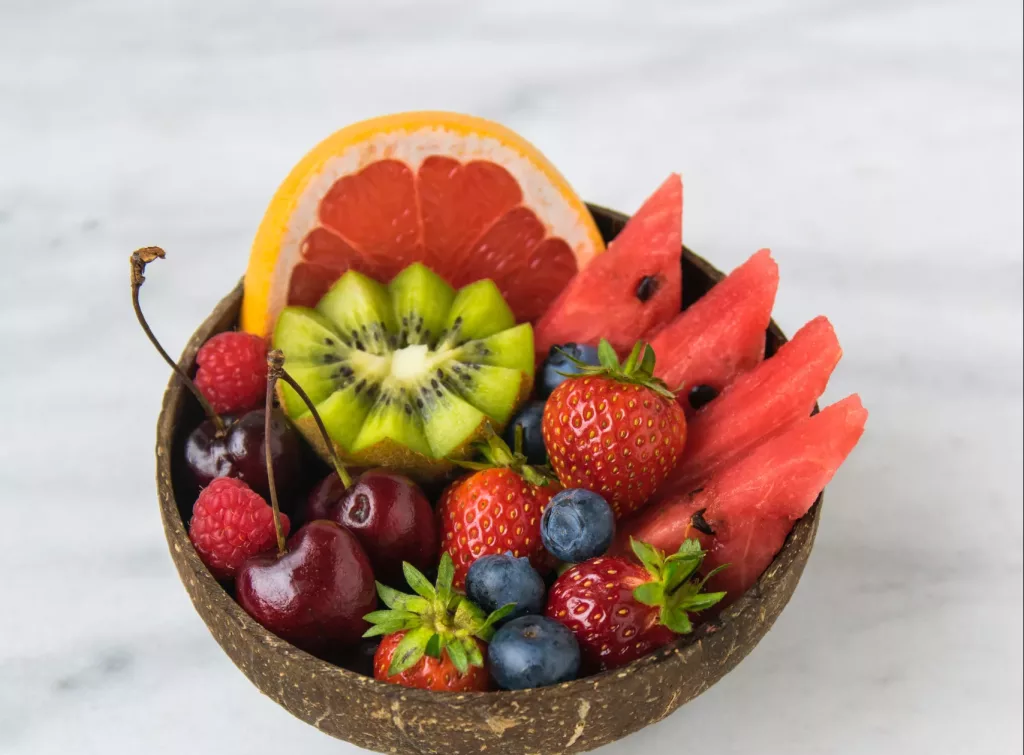
Let’s discover the most healthy fruits women should eat. Maintaining a healthy lifestyle is crucial for everyone, but it becomes even more important for women who often juggle multiple roles and responsibilities. A well-balanced diet plays a vital role in supporting women’s health and ensuring the optimal functioning of their bodies.
When it comes to nutritious foods, fruits are undoubtedly among the most beneficial choices. Packed with essential vitamins, minerals, fiber, and antioxidants, fruits offer a plethora of health benefits. In this blog post, we will explore some of the most healthy fruits that women should incorporate into their diet to promote overall well-being.
Top 5 Most Healthy Fruits That Women Should Definitely Eat
Blueberries
Blueberries, often referred to as “superfoods,” are small but mighty fruits that pack a powerful punch of nutrients. They are an excellent source of antioxidants, such as anthocyanins, which have been associated with reducing the risk of chronic diseases, including heart disease and certain types of cancer. Blueberries also provide a good amount of dietary fiber, promoting healthy digestion and helping to manage weight. Additionally, they are rich in vitamin C, which supports a strong immune system and promotes vibrant skin.
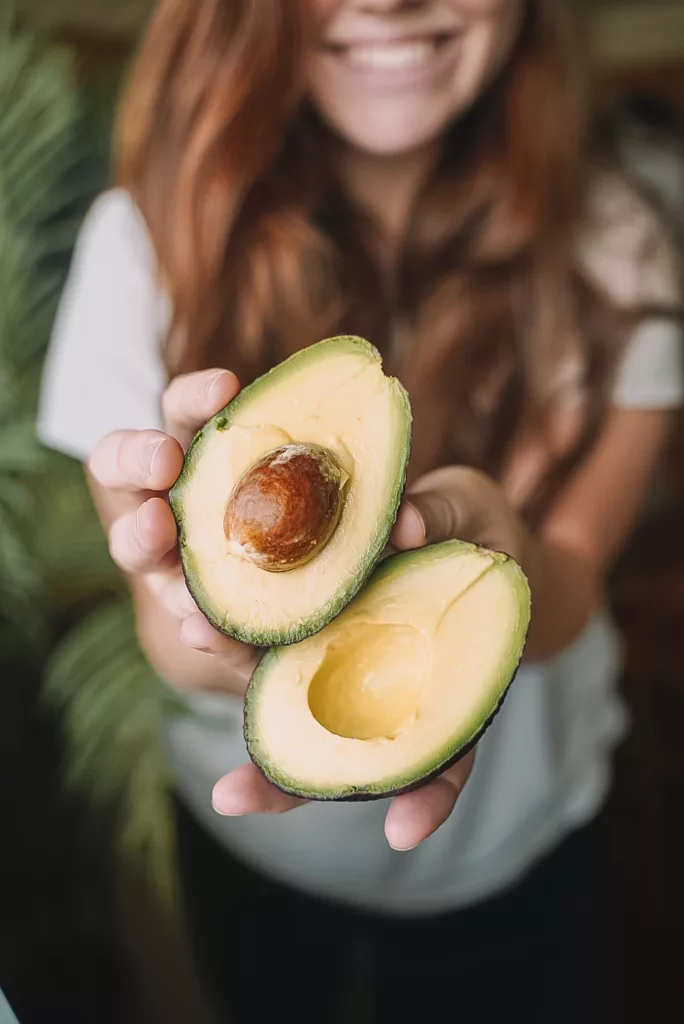
Avocados
Avocados, although technically a fruit, are often mistaken for vegetables due to their low sugar content and high-fat content. However, these fats are healthy monounsaturated fats that can help maintain healthy cholesterol levels. Avocados are also a good source of fiber, potassium, vitamin K, and folate. The combination of these nutrients contributes to heart health, improves digestion, aids in fetal development during pregnancy, and supports healthy aging.
Strawberries
Strawberries are not only delicious but also incredibly nutritious. They are an excellent source of vitamin C, manganese, and dietary fiber. Vitamin C plays a crucial role in collagen synthesis, promoting skin elasticity and reducing the signs of aging. The antioxidants in strawberries have been linked to a decreased risk of chronic diseases, including cancer. These vibrant red berries are also known to have anti-inflammatory properties and may help regulate blood sugar levels.
Oranges
Oranges are a classic and well-loved fruit for good reason. Packed with immune-boosting vitamin C, oranges play a vital role in fighting off infections and aiding in wound healing. The high fiber content in oranges supports healthy digestion and helps manage weight. Furthermore, oranges contain folate, which is essential for pregnant women as it supports the development of the baby’s neural tube.
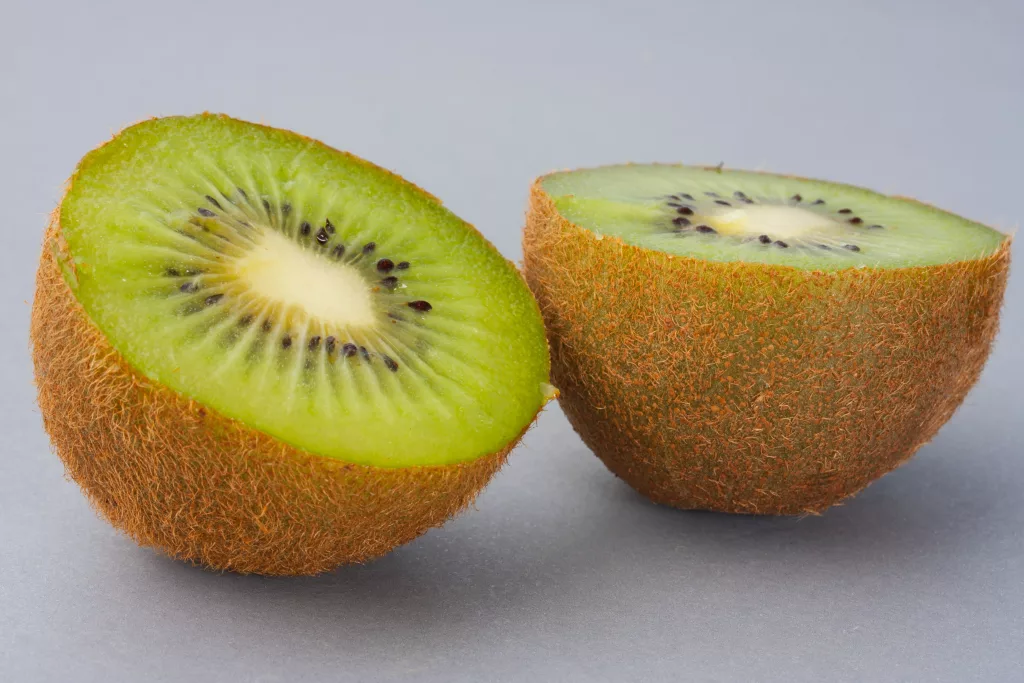
Kiwi
Kiwi, with its vibrant green flesh and black seeds, is a fruit that often gets overlooked. However, it is a nutritional powerhouse. Kiwis are loaded with vitamin C, vitamin K, vitamin E, potassium, and fiber. The combination of these nutrients supports heart health, strengthens the immune system, improves digestion, and promotes healthy skin. Moreover, kiwis contain a unique enzyme called actinidin, which aids in protein digestion.
Conclusion
Incorporating a variety of healthy fruits into a daily diet is essential for women’s well-being. The fruits mentioned above, including blueberries, avocados, strawberries, oranges, and kiwis, provide a wide range of nutrients that support heart health, boost the immune system, promote healthy skin, aid digestion, and offer protection against chronic diseases.
Remember to choose organic fruits whenever possible and consume them in their whole form to benefit from their full nutritional value. So, grab a fruit bowl and enjoy the abundance of flavors and health benefits these fruits have to offer!
Disclaimer: While fruits are generally considered healthy for most individuals, it is important to consult a healthcare professional or a registered dietitian if you have specific dietary concerns or medical conditions.
You can also visit our Facebook and YouTube pages to know more about plants and their health benefits.
You might also like:

